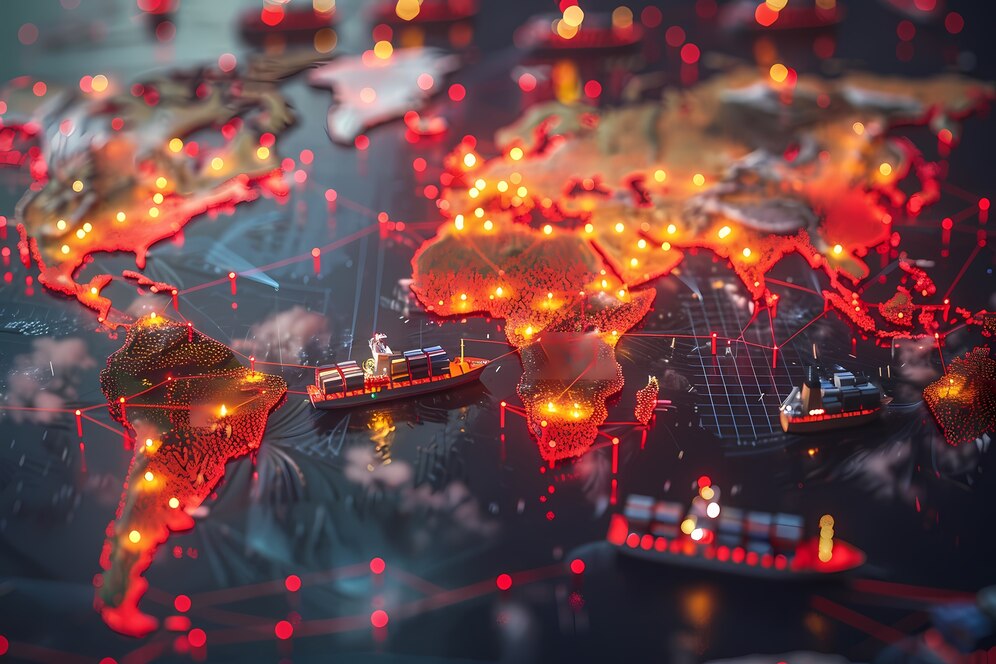
The future of logistics lies at the intersection of automation, artificial intelligence, and real-time data. As global commerce accelerates, so does the need for efficient, resilient, and tech-driven logistics systems. The next decade will witness the rise of intelligent logistics ecosystems that are predictive, adaptive, and autonomous.
Autonomous delivery drones and self-driving trucks are already in testing phases across several continents. These vehicles promise to slash delivery times, reduce labor costs, and enhance last-mile delivery efficiency, particularly in congested urban areas.
AI-powered inventory management systems can now anticipate demand surges, auto-replenish stock, and optimize warehouse layouts using heat maps and robotic assistance. Meanwhile, IoT sensors embedded in cargo containers monitor temperature, humidity, and location in real time, reducing spoilage and loss.
Blockchain is another game changer in logistics. It brings transparency and traceability to complex supply chains, preventing fraud and improving accountability. Smart contracts could automate payments as soon as cargo reaches a destination—no paperwork needed.
The result? Logistics becomes a self-aware, learning system that adapts and improves continuously. The era of guessing and manual tracking is ending. A new, intelligent logistical network is rising—fast, efficient, and almost invisible.

